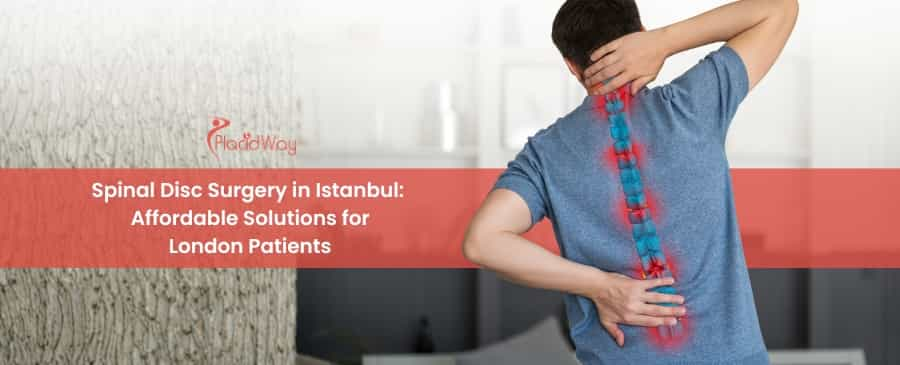
Suffering from a herniated disc, bulging disc, or sciatica in London can be a debilitating experience, made worse by long NHS waiting times and the high cost of private care. For many, the answer lies just a few hours away. Istanbul, Turkey, has emerged as a global centre of excellence for neurosurgery, offering advanced spinal disc surgery at a fraction of the UK cost. This guide explains why so many Londoners are choosing Istanbul for a faster, more affordable path to pain relief.
Key Takeaways
-
Patients from the UK (London) can save 60-80% on spinal disc surgery by travelling to Istanbul, even after factoring in flights and accommodation.
-
Istanbul offers immediate access to top neurosurgeons and JCI-accredited hospitals, eliminating the long waiting lists common in the public healthcare system.
-
All-inclusive packages are standard, covering the procedure, hospital stay, VIP transfers, hotel accommodation, and translation services for a seamless experience.
-
Common procedures like microdiscectomy in Istanbul can cost between $4,500 and $6,500, compared to $15,000-$20,000 for the same procedure privately in London.
-
More complex surgeries like spinal fusion start around $8,000 in Turkey, versus $25,000-$50,000+ in the UK.
Why London Patients are Choosing Istanbul for Spinal Disc Surgery
Istanbul provides an effective solution to the two biggest barriers UK patients face: prohibitive costs and critical delays in treatment.
For patients in London, the journey to relief from chronic back and leg pain is often fraught with frustration. The NHS waiting times for "non-urgent" procedures like spinal surgery can stretch for many months, well beyond the 18-week referral-to-treatment target. Studies have shown that for conditions like sciatica, waiting longer than 6 months for surgery can lead to poorer outcomes.
On the other hand, accessing private care in London is prohibitively expensive. A single procedure can cost tens of thousands of pounds.
Istanbul offers a "best of both worlds" solution:
-
No Waiting Lists: Procedures can be scheduled in as little as a few weeks.
-
Significant Cost Savings: The total cost, including travel, is often 60-80% less than the cost of just the surgery in the UK.
-
World-Class Standards: Turkey is a leader in medical tourism, with numerous JCI-accredited hospitals (the same accreditation as top US and UK hospitals) specialising in advanced neurosurgery.
-
Experienced Surgeons: Istanbul's top neurosurgeons perform hundreds of minimally invasive spine surgeries (MISS) annually, giving them a level of experience that is highly sought after.
-
All-Inclusive Service: Packages are designed for international patients, removing the stress of planning. They typically include airport pickups, luxury accommodation, a dedicated translator, and all medical appointments.
Understanding Your Spinal Disc Problem: Herniation vs. Bulge
A bulging disc is a protrusion of the disc's outer wall, while a herniated disc occurs when the inner gel-like core (nucleus pulposus) ruptures through that wall.
Your spine is made of vertebrae stacked on top of each other, cushioned by soft, rubbery discs. These discs act as shock absorbers. When a disc is damaged, it can lead to intense pain.
-
Bulging Disc: Imagine a hamburger patty that's too big for its bun. The disc sags and "bulges" outwards, but the outer layer is still intact. This can sometimes press on nearby nerves.
-
Herniated Disc: This is a more severe condition, often called a "slipped" or "ruptured" disc. A tear in the tough outer layer (annulus fibrosus) allows the soft, jelly-like centre to leak out. This leaked material is highly inflammatory and can directly compress the spinal cord or nerve roots.
This nerve compression, or "pinched nerve," is what causes the classic symptoms of sciatica:
-
Sharp, shooting pain that radiates from your lower back, through your buttock, and down your leg.
-
Numbness or tingling ("pins and needles") in your leg or foot.
-
Muscle weakness in the affected leg.
Common Spinal Disc Surgeries Explained
The goal of surgery is to "decompress" the pinched nerve by removing the disc material that's pressing on it.
Your Turkish neurosurgeon will recommend the least invasive procedure that will be most effective for your specific condition.
Microdiscectomy (or Microdecompression)
This is the most common and standard procedure for a lumbar herniated disc. It's a minimally invasive technique where the surgeon uses a special surgical microscope and tiny instruments. A very small incision (about 1-1.5 inches) is made, and a small portion of bone (lamina) and ligament may be removed to access the nerve. The surgeon then carefully removes the herniated portion of the disc that is compressing the nerve root, leaving the rest of the disc intact. This provides immediate relief from leg pain for most patients.
Laminectomy (or Laminotomy)
This procedure is performed to relieve pressure on the spinal cord or nerves, a condition known as spinal stenosis.
-
A Laminotomy involves removing a small portion of the lamina (the bony arch of the vertebra) to create more space for the nerve.
-
A Laminectomy is the full removal of the entire lamina.
This is often done in conjunction with a discectomy to give the surgeon better access or as a decompression procedure on its own.
Spinal Fusion
A spinal fusion is recommended when the primary issue is instability in the spine, often from degenerative disc disease or after a laminectomy has made the spine less stable.
This surgery permanently connects two or more vertebrae together, eliminating any motion between them. The surgeon places bone graft material (or a synthetic substitute) into the space between the vertebrae. Over time, this graft heals and "fuses" the vertebrae into a single, solid bone. To hold the vertebrae still while they fuse, the surgeon will use medical-grade hardware like screws, rods, or plates. While this is a more extensive surgery with a longer recovery, it is highly effective for pain caused by spinal instability.
Artificial Disc Replacement (ADR)
An alternative to fusion, Artificial Disc Replacement (ADR) is more common for the cervical spine (neck) and aims to preserve motion.
Instead of fusing the vertebrae, the surgeon removes the entire damaged disc and replaces it with a sophisticated prosthetic device that mimics the natural disc's movement. This is often a preferred option for younger, active patients (typically under 65) who have disc herniation in the neck, as it can prevent adjacent-level degeneration—a potential long-term risk of fusion.
Are You a Good Candidate for Spine Surgery?
Surgery is typically recommended only after conservative, non-surgical treatments have failed to provide relief for at least 6-8 weeks.
Most back and leg pain from a herniated disc will improve on its own with rest, medication, and physical therapy. However, your doctor may recommend surgery as the best option if you have:
-
Severe, persistent pain that doesn't improve with non-surgical treatments (like physical therapy or steroid injections).
-
Progressive neurological symptoms, such as increasing leg weakness, numbness, or difficulty walking.
-
Pain that is so debilitating it prevents you from performing daily activities.
-
Loss of bowel or bladder control (Cauda Equina Syndrome). This is a medical emergency that requires immediate surgery.
Your surgical team in Istanbul will conduct a thorough evaluation, including a review of your MRI scans, to confirm you are a suitable candidate.
The Istanbul Advantage: World-Class Neurosurgeons and Hospitals
The quality of care in Istanbul's top private hospitals is equivalent, and often superior, to private clinics in London.
Turkey has invested heavily in its private healthcare infrastructure, attracting top medical talent from around the world.
-
JCI-Accredited Hospitals: Look for hospitals with Joint Commission International (JCI) accreditation. This is the global gold standard for quality and patient safety.
-
Highly Experienced Neurosurgeons: Turkish neurosurgeons are renowned for their expertise, particularly in minimally invasive spine surgery (MISS).
-
Advanced Technology: These hospitals are equipped with the latest diagnostic and surgical technology, including intraoperative navigation systems, robotics (like the Da Vinci robot), and high-powered surgical microscopes, which lead to greater precision, smaller incisions, and faster recovery times.
Expert Insight
"The rise of Istanbul as a neurosurgery hub isn't just about cost. It's about access to expertise. Surgeons here often have a very high case volume for specific procedures like endoscopic discectomy. This high volume correlates directly with better patient outcomes, lower complication rates, and more refined techniques compared to a generalist surgeon who performs the procedure less frequently."
Comparing Costs: Spinal Disc Surgery in Istanbul vs. London (UK)
The financial savings are the most compelling factor for many London patients, with all-inclusive packages in Turkey often costing less than a third of a single surgical fee in the UK.
The cost difference is staggering. While the NHS provides care for free, the waiting lists can be damaging to your health. Private care in London, while fast, is one of the most expensive in the world. Istanbul offers a high-quality, low-cost alternative.
See the table below for an estimated comparison of common spinal procedures.
| Medical Procedure | Estimated Private Cost in London (UK) | Estimated Cost in Istanbul, Turkey | Average Savings |
| Microdiscectomy | $15,000 - $20,000+ | $4,500 - $6,500 | ~70-75% |
| Laminectomy | $18,000 - $25,000+ | $5,000 - $7,000 | ~72-78% |
| Cervical Disc Replacement (1 level) | $22,000 - $35,000+ | $7,000 - $12,000 | ~65-70% |
| Spinal Fusion (1-2 levels) | $25,000 - $50,000+ | $8,000 - $15,000 | ~68-75% |
Note: Prices are estimates in USD for comparison and can vary based on the surgeon's experience, the hospital, the complexity of the case, and the exact hardware used.
Turkish packages typically include:
-
The surgery itself (surgeon's fee, anesthesia, operating room)
-
All pre-operative tests (MRI, blood work)
-
Hospital stay (typically 1-3 nights)
-
All medications during your stay
-
VIP airport and clinic transfers
-
Hotel accommodation (often 4-5 star) for the recovery period
-
A personal translator and patient host
Your Recovery Journey: What to Expect After Surgery
Recovery from minimally invasive surgery is fast, with most patients walking the same day and flying home within a week.
Your recovery timeline will depend on the type of surgery you have.
-
Immediately After Surgery: You will wake up in a recovery room. Most patients experience immediate relief from their sciatica leg pain. You will be encouraged to stand and walk (with assistance) just a few hours after your procedure.
-
Hospital Stay:
-
Microdiscectomy: Often 1-2 nights.
-
Spinal Fusion/ADR: Typically 2-4 nights for monitoring.
-
-
Hotel Recovery (Istanbul): You will need to stay in Istanbul for approximately 5-7 days post-discharge for a final check-up with your surgeon. During this time, you should focus on rest and light walking.
-
Flying Home to London: The flight is perfectly safe. Your team will advise you to get up and walk the aisle periodically to prevent stiffness and blood clots.
-
Back at Home:
-
Weeks 1-4: Focus on light activity. No bending, lifting (more than 5kg), or twisting (the "BLT" rules). You can likely return to a desk job within 2-3 weeks.
-
Weeks 4-8: You will begin physical therapy to strengthen your core and back muscles.
-
3+ Months: You can gradually return to more strenuous activities and sports. Full recovery from a fusion can take 6 months to a year as the bones heal.
-
Did You Know?
Movement is key to recovery. Unlike old-fashioned "bed rest," modern spine surgery recovery emphasizes early mobilisation. Walking promotes blood flow, which helps the tissues heal, reduces scar tissue formation, and prevents muscle atrophy.
Non-Surgical Alternatives to Consider First
Surgery is almost never the first option. Your doctor will insist you try conservative treatments before considering an operation.
Before you decide on surgery, make sure you have exhausted these non-operative options, as many patients find relief without an incision.
-
Physical Therapy: A targeted exercise program to strengthen core muscles, improve flexibility, and correct posture can take pressure off the disc.
-
Medications: Nonsteroidal anti-inflammatory drugs (NSAIDs) like ibuprofen can reduce swelling and pain.
-
Epidural Steroid Injections: A doctor injects a powerful anti-inflammatory medication directly into the space around the affected nerve. This can provide significant, though often temporary, relief, giving the nerve time to heal.
-
Lifestyle Modifications: Adjusting your activities, improving your workstation ergonomics, and losing weight can all have a profoundly positive impact.
Preparing for Your Medical Trip from London to Istanbul
Preparation is simple, as your medical tourism facilitator will handle most of the logistics.
-
Initial Consultation (Remote): You will send your MRI scans and medical history to your PlacidWay patient coordinator. We will arrange a remote video consultation with a top Turkish neurosurgeon to discuss your case and confirm your treatment plan.
-
Booking: Once you're confirmed, you'll choose your dates. PlacidWay and the hospital team will book your surgery, hotel, and arrange your VIP transfer schedule.
-
Flights: You will book your own flights from a London airport (LHR, LGW, STN) to Istanbul (IST or SAW).
-
Packing: Bring comfortable, loose-fitting clothes, your medications, and your medical reports.
-
Arrival: Upon landing in Istanbul, your personal driver will meet you and take you directly to your hotel or for your pre-op consultation. A translator will be with you every step of the way.
Frequently Asked Questions (FAQs)
How long does spinal disc surgery take?
A simple microdiscectomy is usually very quick, taking about 1 to 2 hours. More complex procedures like a multi-level spinal fusion can take 3-4 hours or longer.
Is spine surgery in Turkey safe?
Yes, when performed at a high-volume, JCI-accredited hospital by an experienced neurosurgeon, it is extremely safe. Success rates for discectomy are very high (often over 90-95% for leg pain relief). Risks are the same as in the UK (infection, bleeding, nerve irritation) but are rare and well-managed.
How long will I need to stay in Turkey?
Most patients plan for a total trip of 7 to 10 days. This includes 1-3 nights in the hospital and another 5-7 days recovering in a nearby hotel before your final check-up and clearance to fly home.
Will I have a large scar?
Not with modern techniques. A microdiscectomy leaves a very small scar, often only 1-1.5 inches, which fades over time. An endoscopic discectomy (if you are a candidate) is even smaller, requiring an incision of less than 1 cm.
When can I return to work in London after surgery?
For a desk-based job, you can often return to work (even remotely) within 2-3 weeks. For a job that requires heavy lifting or strenuous physical activity, you may need to wait 2-3 months, or longer for a fusion.
What happens if I have a complication back in the UK?
This is a common and important concern. Reputable hospitals have protocols for this. Minor issues can be handled via video consultation. PlacidWay also works with partners to ensure you have a clear aftercare plan. Purchasing specific medical travel insurance is highly recommended to cover any potential complications.
Will my leg pain be gone immediately?
The sharp, shooting sciatica pain down your leg is often gone immediately after you wake up from surgery, as the pressure on the nerve is relieved. You will have some temporary surgical pain at the incision site, which is easily managed with medication.
Your Next Step to a Pain-Free Life with PlacidWay
Don't let pain control your life or let waiting lists dictate your health. If you're in London and considering spinal disc surgery in Istanbul offers a world-class, affordable, and immediate solution.
At PlacidWay, we connect you with Turkey's leading, pre-vetted neurosurgeons and JCI-accredited hospitals. We believe in transparent pricing and comprehensive care packages that remove all the stress from your medical journey.
Contact Us Today for A FREE, No-obligation Consultation
We will review your MRI and connect you with a top specialist to get a personalised treatment plan and quote.




.png)

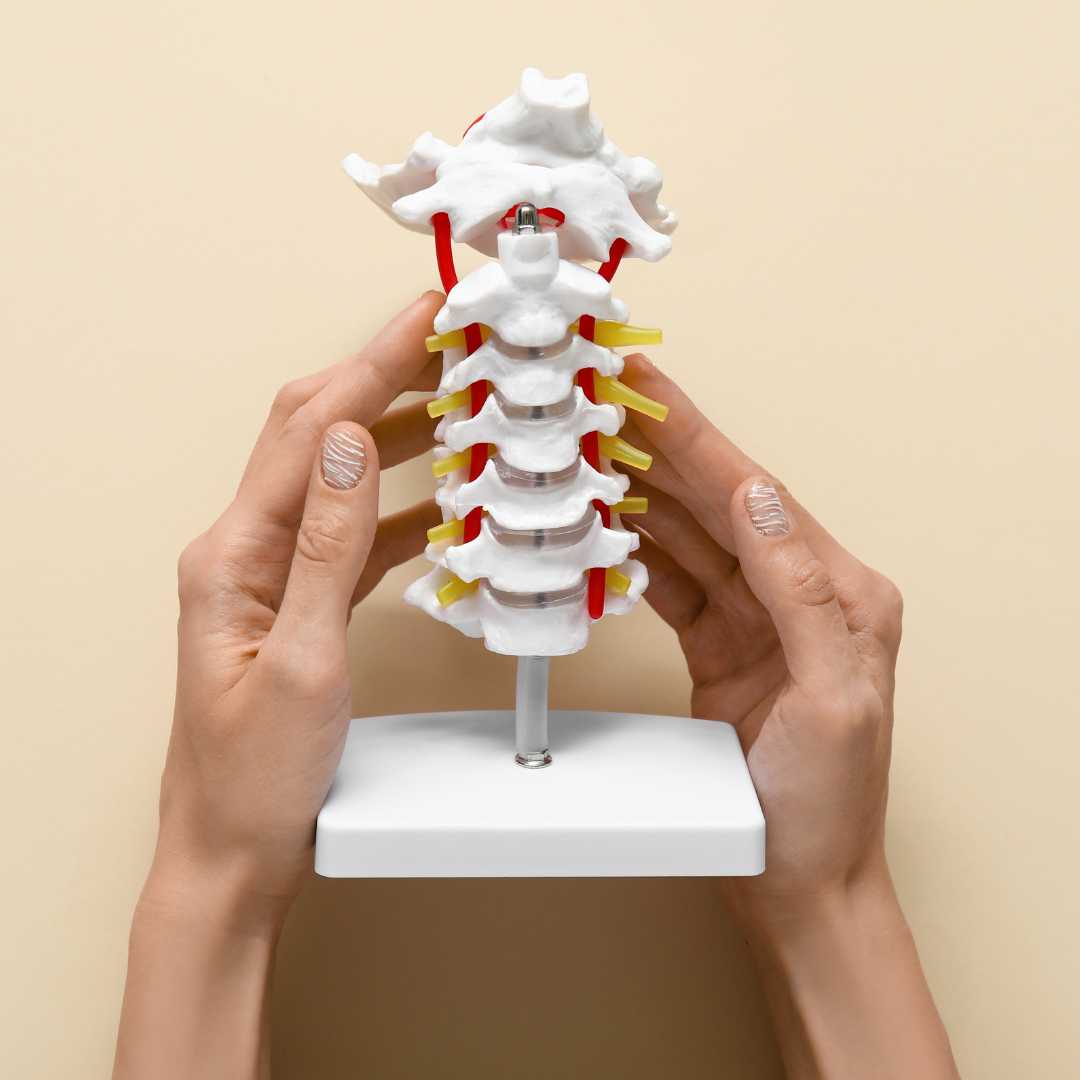
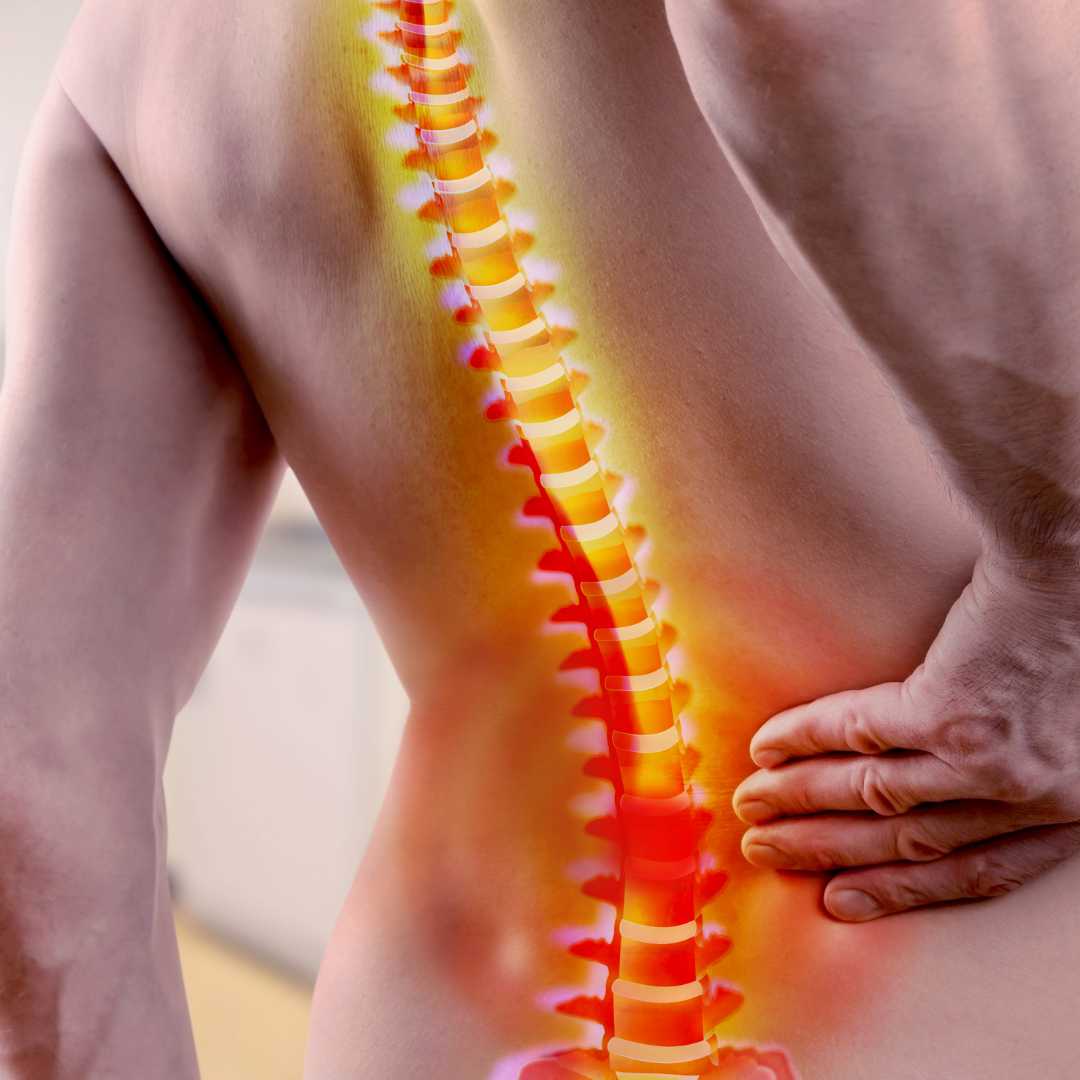
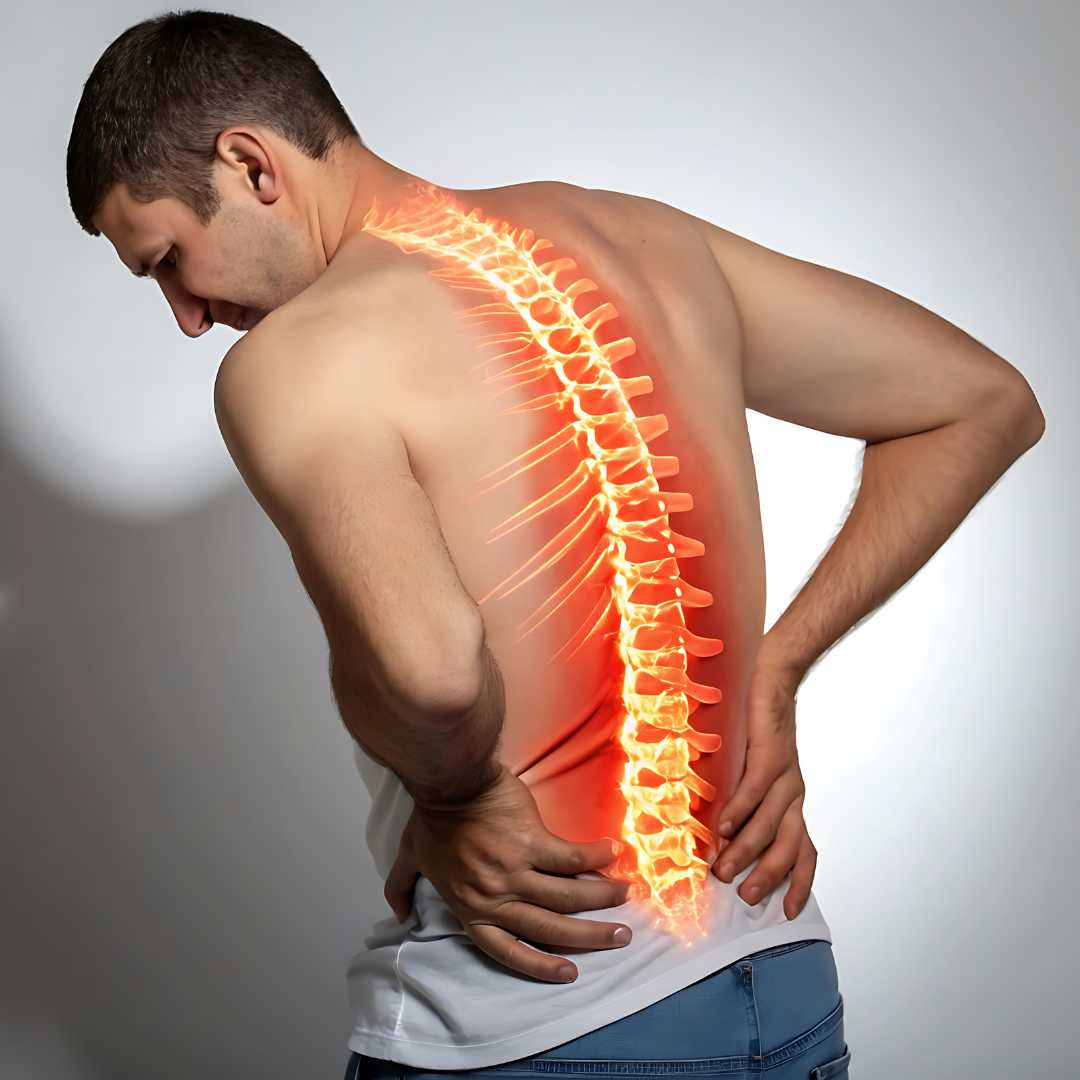
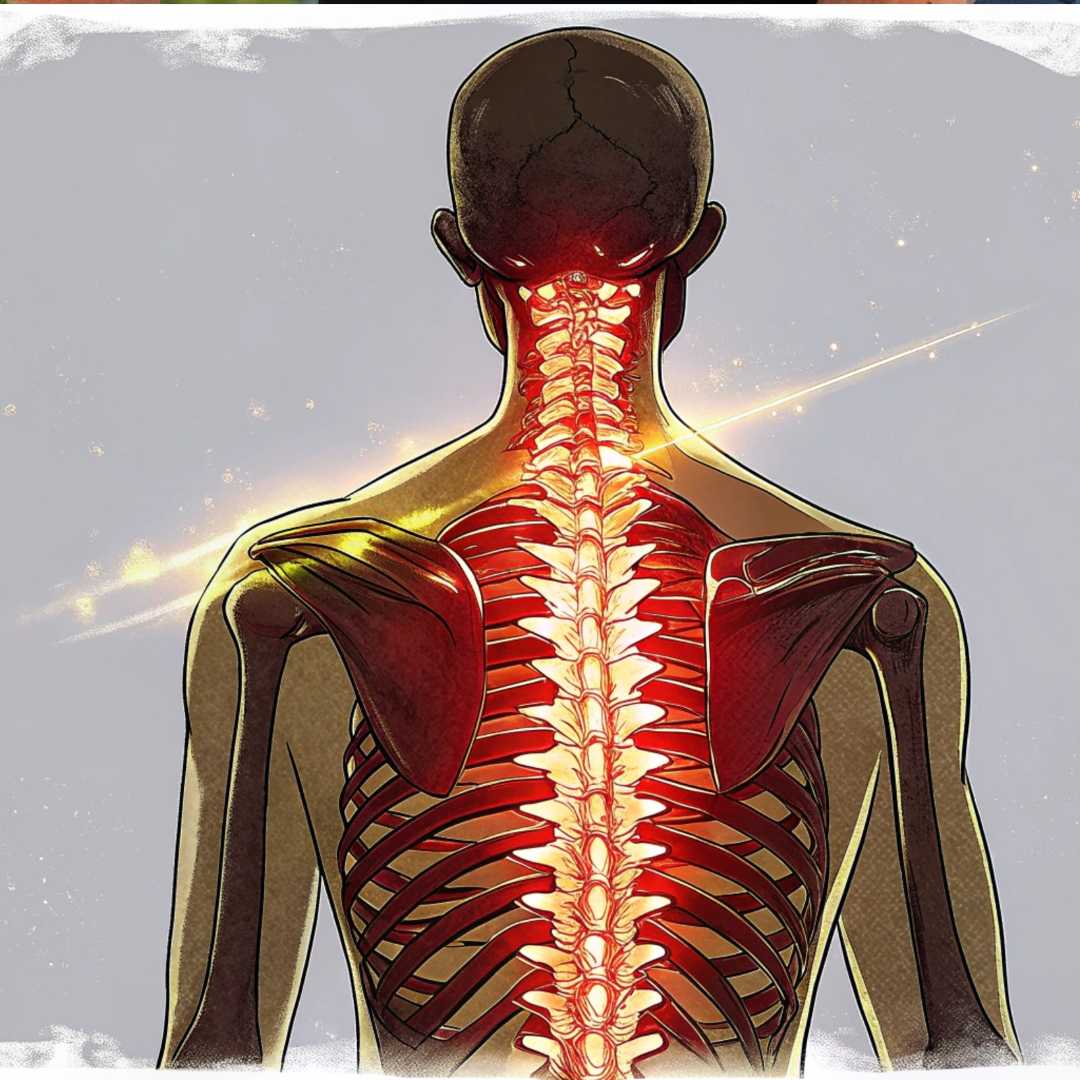

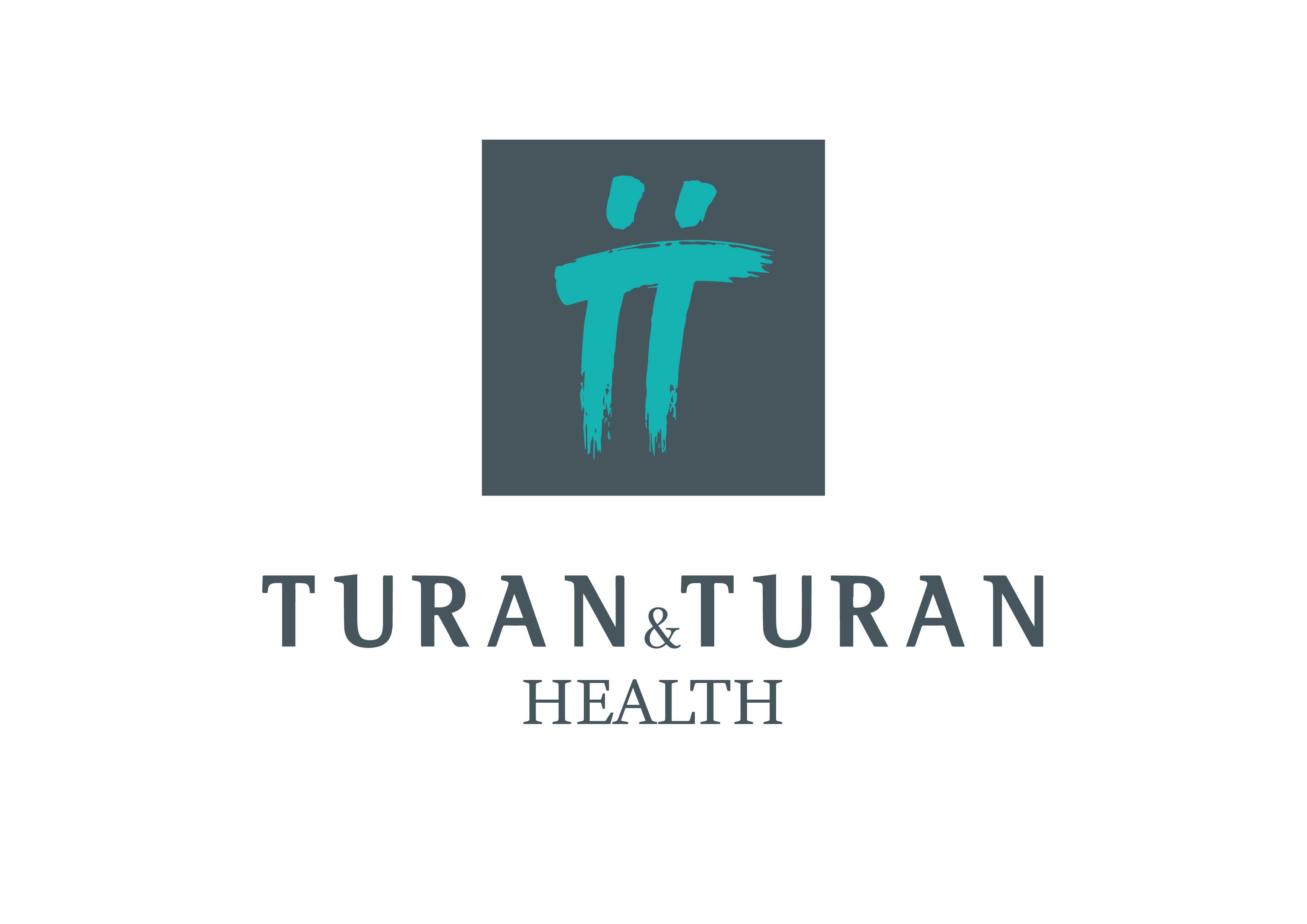




Share this listing